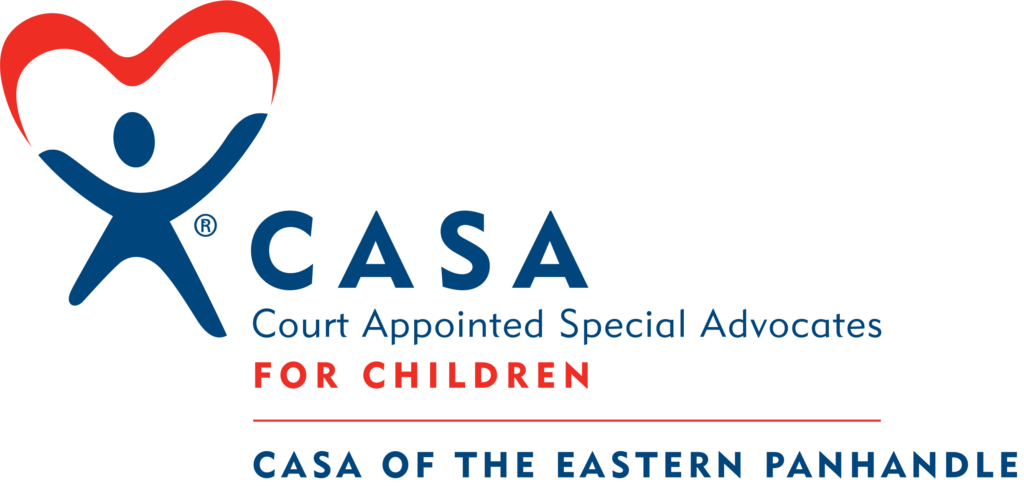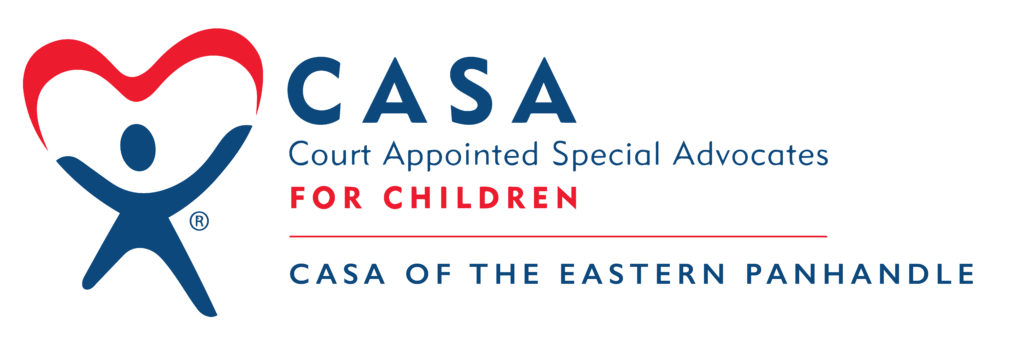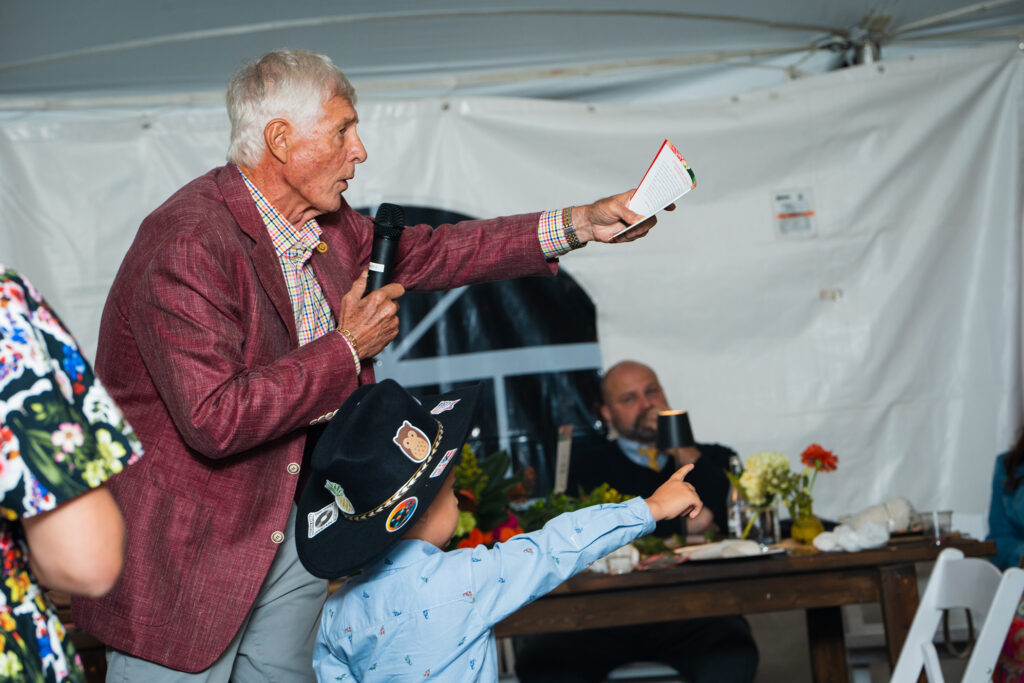Becoming a CASA (Court Appointed Special Advocate) volunteer is a meaningful way to support children in the foster care system, ensuring they have a dedicated voice advocating for their best interests. However, before stepping into this vital role, volunteers must complete a comprehensive 32-hour training program designed to equip them with the knowledge and skills necessary to navigate the complexities of child advocacy.
If you’ve ever wondered what it takes to become a CASA volunteer, this guide outlines the training process, topics covered, and ongoing support available to ensure every advocate is prepared for success.
CASA Volunteer Training Overview
The CASA training program is structured to provide volunteers with a strong foundation in child welfare, court procedures, and effective advocacy. Training consists of:
- 32 hours of instruction over a four-week period
- An additional three hours of required reading to prepare for class discussions
- Evening classes (5:30 PM – 8:30 PM) to accommodate busy schedules
- A combination of lectures, discussions, case studies, and interactive activities
- A volunteer manual and handouts for continued learning and reference
This thorough training ensures that CASA volunteers are well-equipped to advocate for children experiencing foster care and family court proceedings.
What CASA Training Covers
Understanding the Child Welfare System
- Introduction to the child welfare system
- The role of a CASA volunteer
- Legal and social service systems involved in child advocacy
Recognizing and Addressing Child Needs
- Child abuse and neglect
- Juvenile court processes and CASA’s role in court
- Child development and the impact of trauma
- Mental health considerations for children in foster care
- Cultural competence and how it impacts advocacy
- Substance use and its effects on families
- Domestic violence and child safety
Developing Advocacy and Communication Skills
- Effective communication with children, families, and professionals
- Advocacy principles: being a strong, independent voice for the child
- Maintaining confidentiality and ethical responsibilities
- Educational advocacy: ensuring children receive the support they need in school
- Specialized training on older youth, LGBTQ+ youth, and those aging out of the foster system
Fostering Healthy Futures
Volunteers also learn about programs and strategies aimed at supporting children long-term, from mentorship opportunities to resources that help foster youth transition successfully into adulthood.
Swearing-In Ceremony and Case Assignment
After successfully completing the training, volunteers take a formal step into their advocacy role by being sworn in before a judge. This moment marks the official beginning of their journey as CASA volunteers.
Following the swearing-in, advocates are assigned their first case. CASA of the Eastern Panhandle works to match volunteers with cases that align with their preferences and strengths. Some volunteers may prefer working with a single child, while others choose to advocate for sibling groups or children with specific needs.
Ongoing Support and Continuing Education
Becoming a CASA volunteer doesn’t end with training—it’s an ongoing learning experience. CASA of the Eastern Panhandle provides:
- A dedicated volunteer supervisor to provide guidance and support throughout each case
- Monthly in-service and continuing education opportunities, featuring guest speakers and specialized training sessions
- Partnerships with West Virginia State CASA and National CASA, offering additional learning resources
- A CASA book club, open to volunteers and community members interested in child welfare topics
Who Can Be a CASA Volunteer?
CASA volunteers come from all walks of life. No specific professional background is required—just a passion for helping children in need. Our advocates include:
- Nurses and attorneys
- Business owners and personal trainers
- School teachers and secretaries
- Stay-at-home parents and retirees
If you have the dedication to stand up for a child’s rights and well-being, you can become a CASA volunteer.
Take the Next Step
CASA volunteers make a life-changing impact on children who need someone to advocate for their safety, stability, and future. If you’re ready to step up and be the voice for a child in need, learn more about our training program and how to get started at www.mycasaep.org/volunteer.
Your advocacy can change a child’s story. Join us today!
Unable to Volunteer Right Now?
Are you interested in having a positive impact on a child’s life but do not have the ability to commit to the volunteer training? CASA of the Eastern Panhandle will be launching a new Mentorship program in mid-March that will allow interested individuals to have that positive impact without nearly as much formal training. Stay tuned for more information on this exciting new way to support CASA!




